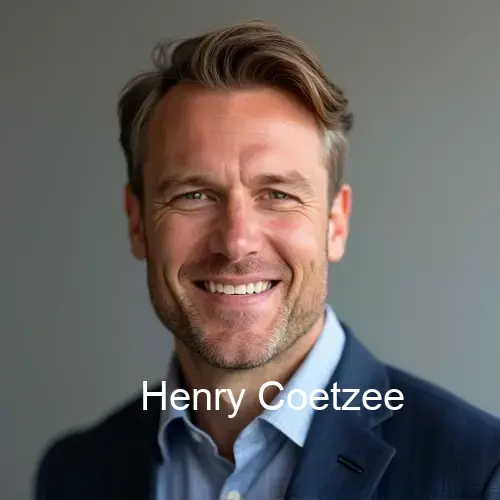
Industry Leaders Gather to Shape Digital Worlds
The inaugural Global Metaverse Forum concluded today with heated discussions about governance frameworks and economic models for virtual worlds. Over 500 executives from tech giants like Meta, Microsoft, and emerging blockchain platforms debated how to build sustainable digital economies while addressing urgent concerns around user safety and digital ownership.
The Governance Challenge
"We're building nations without constitutions," warned Dr. Lena Petrova, Web3 economist at Stanford University. Current metaverse platforms operate under conflicting regulatory frameworks. The European Union's proposed AI Act clashes with Asia's data localization requirements, while US Section 230 protections remain untested in persistent virtual environments.
Key governance questions debated:
- Who arbitrates virtual property disputes?
- How to prevent monopolistic platform control?
- Should decentralized autonomous organizations (DAOs) replace traditional corporate structures?
Monetization Models Emerge
Three dominant economic frameworks gained traction:
| Model | Examples | Advocates |
|---|---|---|
| Token Economies | Decentraland, Sandbox | Blockchain developers |
| Subscription Worlds | Meta Horizon, Microsoft Mesh | Legacy tech firms |
| Ad-Supported Zones | Roblox brand experiences | Marketing agencies |
Safety and Identity Concerns
A surprise consensus emerged around digital identity standards. "Without portable, self-sovereign identity, the metaverse becomes dangerous fragments," stated Mika Tanaka of the IEEE XR Ethics Initiative. Recent incidents of virtual harassment and $200M in NFT thefts in 2024 underscored the urgency.
The forum concluded with plans to establish a cross-industry working group to draft baseline governance principles by Q3 2025. As Meta's CTO noted: "We're not just coding platforms - we're architecting societies."

 Nederlands
Nederlands
 English
English
 French
French
 Deutsch
Deutsch
 Espaniol
Espaniol
 Portugese
Portugese








